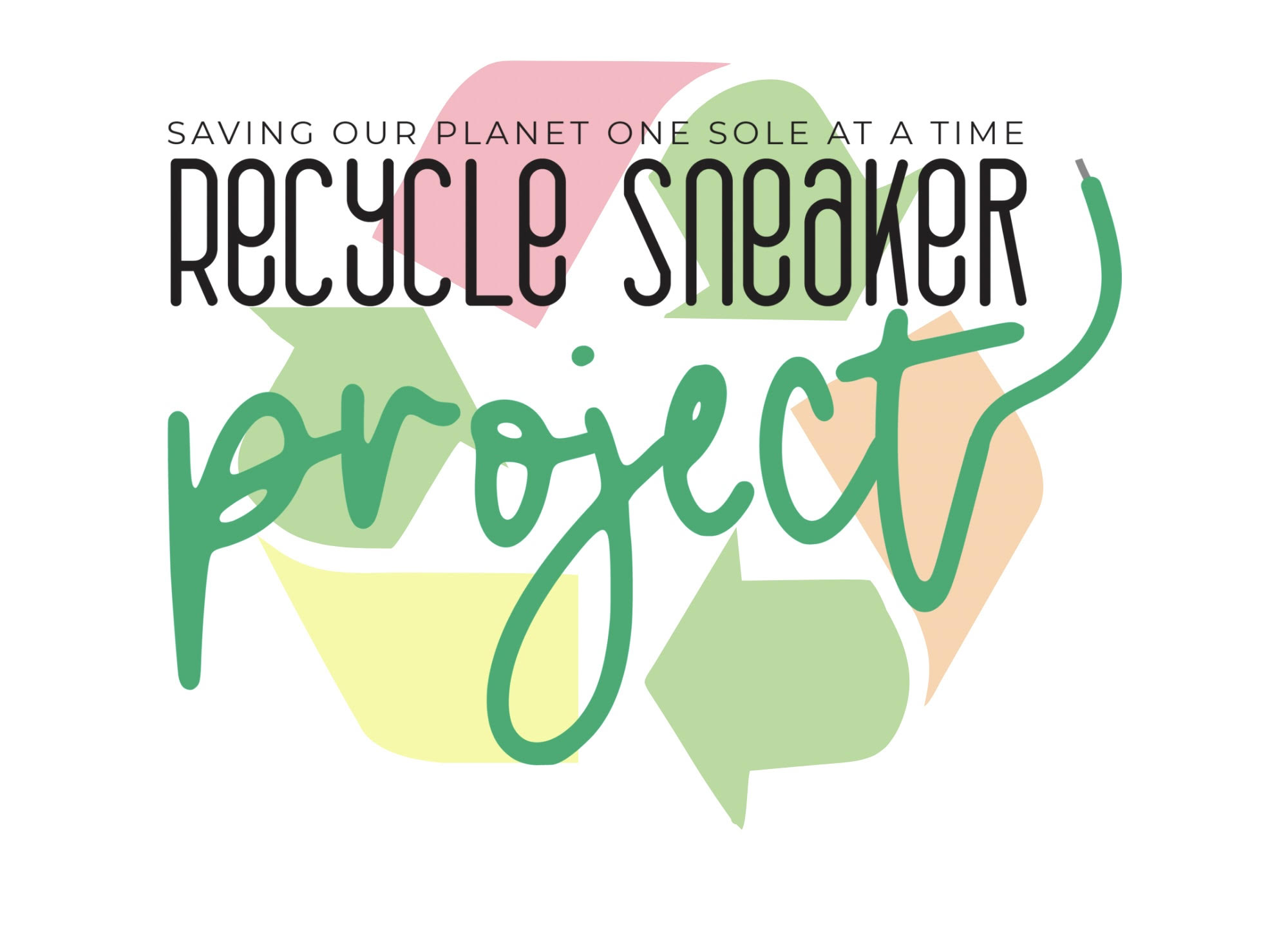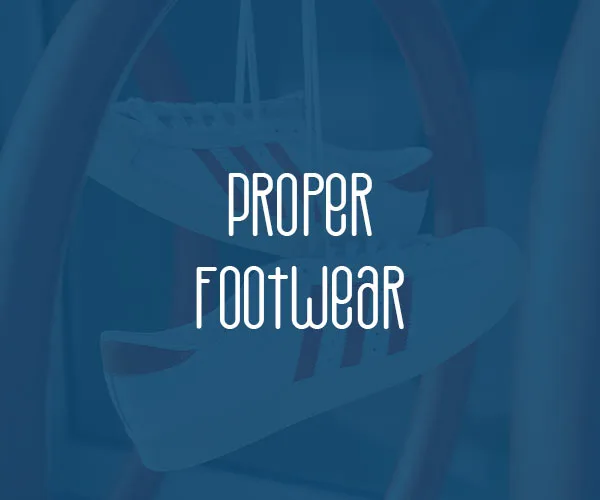Developing countries often face many challenges, and one of the most pressing is the lack of proper footwear. Many people in these countries rely on their shoes to get from one place to another, but often their footwear is in poor condition and does not provide adequate protection from the elements. This can lead to a variety of health problems and make it difficult for people to go about their daily lives.
Recycle Shoe Project is making a difference by providing fundraising opportunities for those who hold sneaker collections. By collecting gently worn sneakers from schools and non-profits, this fundraiser helps to distribute shoes to those in need, helping to improve their health and quality of life.
The Importance of Proper Footwear
Proper footwear is essential for good health and well-being. When shoes are worn and damaged, they can cause blisters, calluses, and other foot problems that can lead to infection and other health problems. Additionally, in areas where the climate is harsh, proper footwear can help to protect feet from the elements, reducing the risk of cold and frostbite.
The Benefits of the Recycle Shoe Project
The Recycle Shoe Project provides several benefits for people in developing countries. Through its fundraising efforts, it provides access to proper footwear, improving the health and quality of life for those all over the world. It also helps to reduce waste in landfills, conserving resources and protecting the environment.
Recycle Shoe Project also helps to create a sense of community because people come together to recycle their gently worn sneakers. This helps raise awareness about the importance of reducing waste and improving the environment and can also provide educational opportunities for the youth.
Recycle Shoe Project is making a difference for people in developing countries by providing access to proper footwear and helping to reduce waste in landfills. By working together, we can help to improve the health and quality of life of people in need and protect our planet for future generations.


